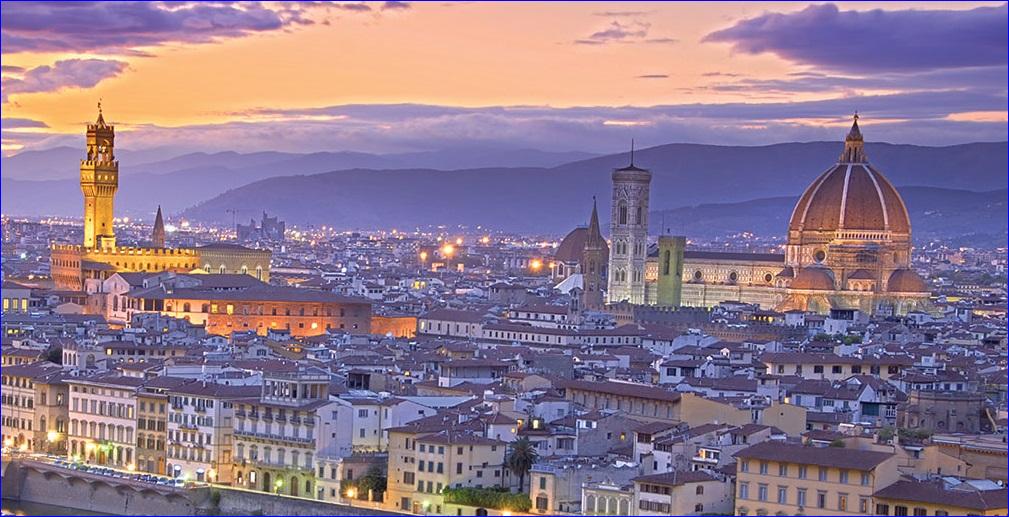


Sadly, these two developments are not unconnected. Most of the refugees who arrived in Europe last year were Muslim, while virtually all of the terrorist attacks were carried out by Muslims, with many asylum seekers involved.
Much of the commentary relating to the terrorist attacks has focused on the minutiae. This is as needs be, as information about the date of the attacks, the perpetrators, the identities of the victims, motivations and so forth are all important.
Hence we have learned in graphic detail about the bombing at Brussels airport in March, the murder of a police officer and his wife in France in June, the grisly beheading of a priest in Northern France in July, the murderous truck attack on Bastille Day in the southern French city of Nice also in July, the truck attack on a Christmas market in Berlin in December, and a host of other incidents that are almost too numerous to mention.
But attention to detail should not lead us to ignore the big picture and its key features. Let us pause to reflect on what they may be.
First, where minority Muslim populations are found, there also exists problems with integration of those communities. This is less due to lack of acceptance by host communities -- in fact the opposite is true of host community behavior -- but rather a reluctance to integrate on the part of the Muslim newcomers, who maintain a mindset of separation and often hostility to the host community.
Second, when Muslim refugees are involved in terror attacks such as those listed above, political leaders and media commentators are typically quick to dissociate Islam from the events and, in some cases such as BBC reports, studiously avoid using the words "Islam" or "Muslim" when reporting terrorist incidents.
Third, because of the reluctance of governments and other authorities to acknowledge the link between Muslim refugee arrival and increased terrorism, civil society groups are speaking the unspeakable by linking the two in public statements. In response, political and social elites dismiss such civil society groups as being part of the "far right", thereby using a label to avoid having to engage with the arguments of such groups.
Fourth, the absence of any involvement of non-Muslim refugee groups in terror attacks. Of the numerous terror incidents across the European continent in 2016, not a single perpetrator was Christian, Yazidi, Buddhist, Hindu, or Sikh.
The above observations lead to a couple of stark conclusions. If terrorism has increased exponentially with rapid Muslim refugee arrivals, then an obvious way to address the problem of increased terrorism is to reduce Muslim refugee arrivals. This can be done by giving preference to non-Muslim refugees, especially Christians, in refugee processing. Although Europe's Christian foundations may have been severely eroded, Christian refugees will undoubtedly be better prepared to integrate positively and constructively with native European populations. Indeed, they could trigger the kind of revival of Christian identity that Europe desperately needs.
Second, it is clear that the current political leadership in European countries that has allowed the present situation to develop needs to be replaced. The winds of change are sweeping across the West because of widespread discontent with liberal political leadership. This popular discontent has been seen during 2016 in the Brexit vote, the Trump victory in the USA, and in the increasing support for civil society groups that are willing to acknowledge the linkage between Muslim refugee arrivals and increased terrorism. While Angela Merkel and like-minded liberal European political leaders may not see the changes, the worm is turning. It is time for widespread political change across Europe, bringing in a new generation of leaders who are willing to shore up the historic identity of European nations and to affirm their cultures and traditions.
Guest Editorial Policy

or register to post a comment.